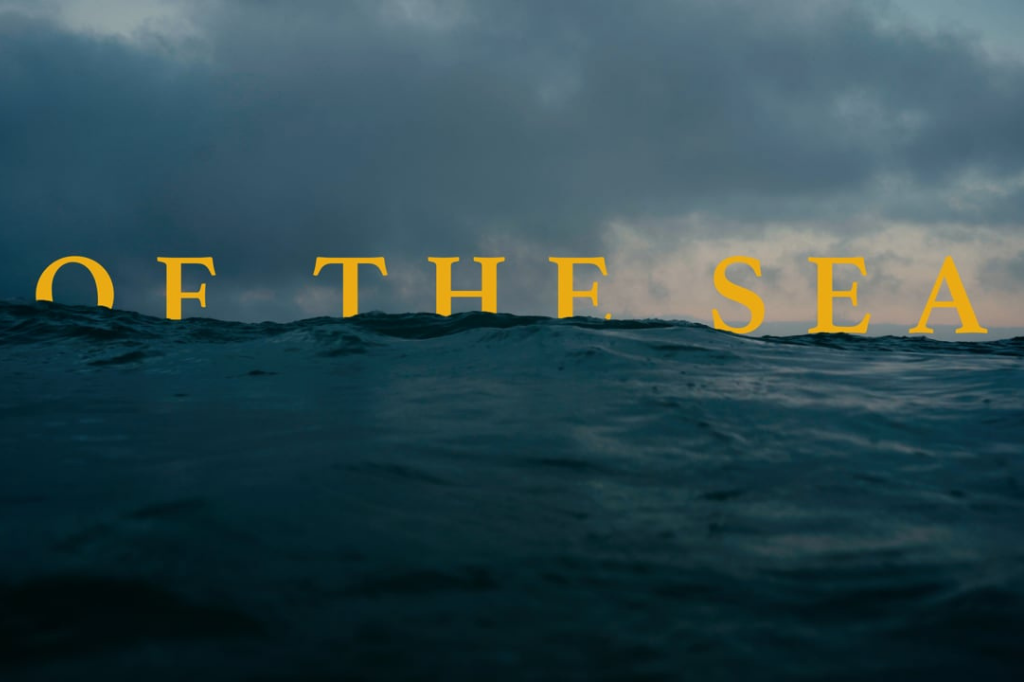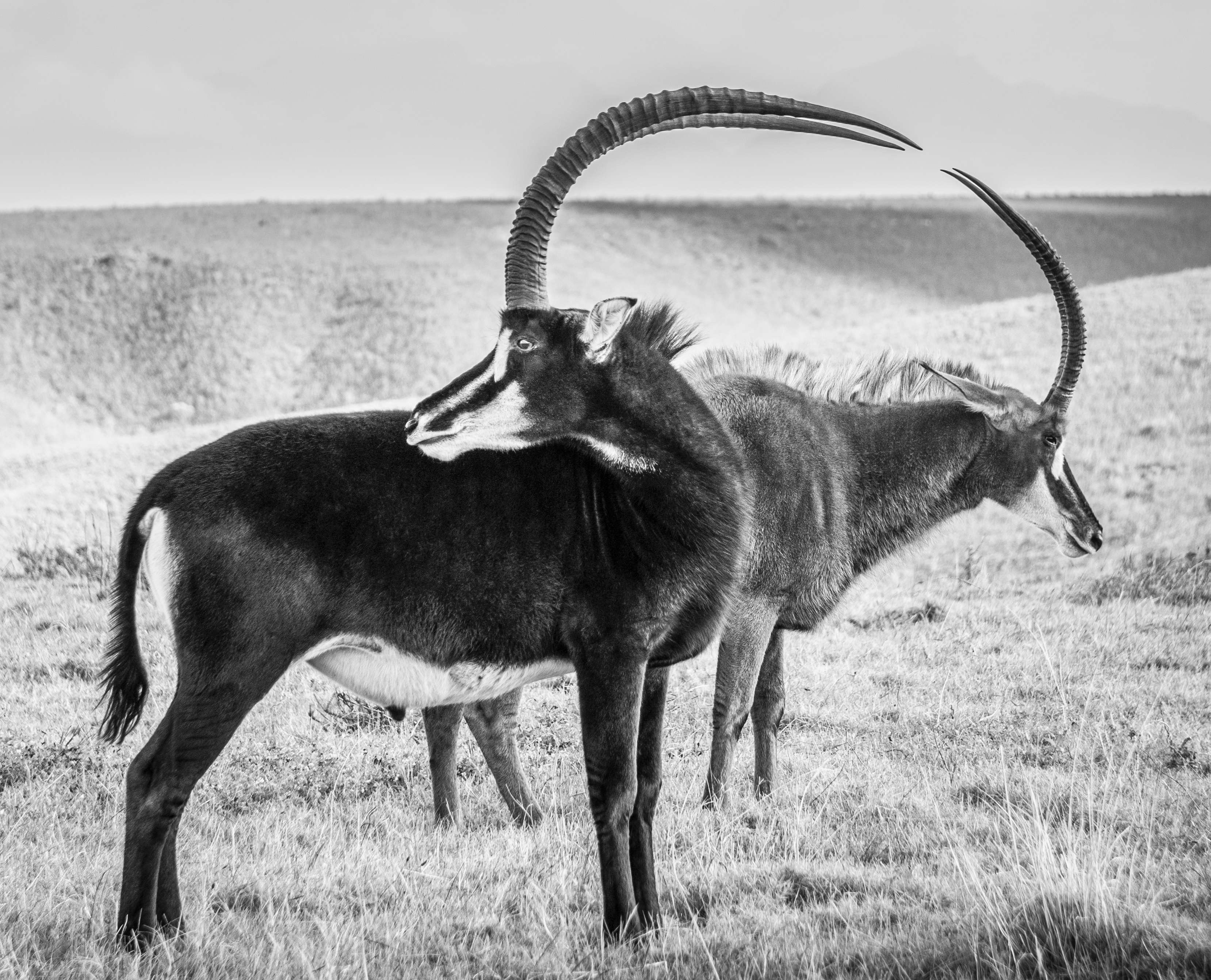Raw and honest, Jessie Zinn‘s work grabs you by the lapels and forces you to sit up and listen. Having spent much of her childhood bound to the red velvet seats of the historic Baxter Theatre, Zinn learned from an early age the significant power of storytelling.

Zinn’s introduction to the world of filmmaking
“I was a big theatre nerd and did a lot of acting growing up. After school, I went to UCT to study a B. A in English & Drama. I only picked up a camera for the first time in my second year through a filmmaking program called “Stepping Stones,” says Zinn.
Through this experience, Zinn began toying with the idea of pursuing filmmaking full-time.
“I instantly fell in love with the form and the nitty gritty process of editing. The realm of possibilities that the format presented, especially when doing experimental work, was really exciting. I guess I was always interested in storytelling through some medium. Once I learned about the format of film (and its endless possibilities), I knew straight away that I wanted to make films,” says Zinn.

Film industry
In South Africa, and for much of the world, film industries are male-dominated, no matter the genre. However, Zinn finds some of her greatest inspirations from the world’s most renowned female directors and local talents.
“I work primarily in the documentary realm but often take inspiration from narrative and fiction work. Boundary pushing, female directors like Andrea Arnold, Claire Denis, and Lynne Ramsay, are incredibly inspiring to me. I am constantly in awe of women directors whose work tells locally specific stories within an African context,” says Zinn.
Over the years, the film industry, both locally and internationally, has undergone significant changes regarding female representation behind the camera. According to Zinn, while growing up, finding films directed by women was nearly impossible.
“I could count on one hand the number of female directors I had to look up to while growing up. Now, we live in an incredibly exciting time, where many inspiring young women directors are putting out game-changing work. There is, of course, always work to be done,” says Zinn.
As a theatre critic and journalist, the first person to introduce Zinn to the power of storytelling was her mother.
“My mother is my number one hero and inspiration. She taught me the value of not only making your own stories and work but also how important it is to lift those around you and amplify other voices. As filmmakers, there is often this perception that we must operate as these isolated desert islands. However, there is so much value in recognising and embracing the virtues of an industry and community that is there for you to learn from and grow with,” says Zinn.

Her work
Primarily working in the documentary genre, Zinn often tackles subject matters that are raw and honest. Her films draw audiences in and sits with them long after the credits have rolled. Often engaging with subject matter that affects the lives of women across generations and geographical locations, Zinn approaches all her films with a dedicated curiosity and passion.
“If I can relate to a subject matter and it interests me, then that is enough for me to explore it. With documentary filmmaking, you know that you are going to have to sit with a subject for a long time. I always try to pick topics that I know can sustain themselves in terms of my interest over a long period of time,” says Zinn.
Her filmography includes Like Water, The Gallery That Destroys All Shame (intended for mature audiences), Wavelengths, and Drummies. Like Water tells the story of a 75-year-old karate instructor and her six-year-old student on the Cape Flats. The Gallery That Destroys All Shame focuses on a group of women gathered in Los Angeles to attempt to shatter the body shame women across generations feel. Wavelengths give viewers a window seat to the work of volunteers of Exhale, a hotline for people seeking help in processing their abortion experiences. Often these volunteers lend their ears to callers, helping them feel less alone.
Wavelengths
“Wavelengths was one of the most challenging films I have worked on. The film was shot during the height of the first wave of COVID in March 2020, when the world went into an extreme lockdown. The film follows a pro-voice abortion hotline operating during this lockdown from within the volunteers’ homes. I had to grapple with figuring out how to tell a story about human connection without physically interacting with the people and participants in the film,” says Zinn.
“Documentary filmmaking (and Wavelengths) is inherently about connection. I had to figure out how to make a film in an incredibly disconnected environment. Added to these external challenges were the internal ethical dilemmas involved with the subject matter. How do I honour the privacy of the participants who wanted to remain anonymous while still telling a truthful story? Halfway into filming, I discovered that the hotline does role-play phone simulations when training new volunteers. The conversations that unfold are all 100% real. I decided to shoot all of these phone calls from a distance, from outside the volunteers’ windows. So we all found a great solution to the ethical ramifications rooted in the subject matter and the external factors relating to covid,” she adds.

Drummies
Her latest documentary short film, Drummies, takes us into the world of a small high school drum majorettes team in Cape Town. The Covid-19 pandemic had just about rocked the world into a standstill, and these young girls had to navigate a country in lockdown, just beginning high school and the angst of being a teenager. However, their passion and dedication to Drummies give them a sense of hope and normalcy in an unprecedented time.
“I first came across Drummies through a beautiful photo series by South African photographer Alice Mann, published in the New Yorker in 2018. There was a real sense of empowerment and strength in the portraits of these young women that immediately caught my attention. I was also drawn to this subject as I was extremely dedicated to sports and dancing growing up, so I immediately felt a connection with the girls. The team I filmed was from a school down the road from where I grew up. So it all felt very personal and familiar,” says Zinn.
Drummies was Zinn’s thesis project at Stanford University’s Documentary Film M.F.A program. However, while she was still studying, the world went into lockdown, and Zinn was forced to return to South Africa. This, however, worked in her favour.
“I got in touch with the Groote Schuur Primary School Drummies coach, Nadine, who was immediately excited about the project. Through WhatsApp’s and voice notes, I “cast” the main girls. However, due to COVID-related travel restrictions, I was stuck in South Africa for the rest of the semester. This gave me more time to spend with the girls, both on and off-screen. I became close with most of their families, who kindly invited and welcomed me into their homes. On the ground, it was just me and my cinematographer shooting the film. Even when resources aren’t limited, I try to keep sets small. It creates a more intimate and controlled environment for vérité shooting,” says Zinn.
The documentary short graced the theatres of film festivals worldwide and was acquired by The New Yorker. For Zinn, what she wanted audiences to take away from the film was this, “South Africa is a complex country still reeling from the scars of its past. Drummies provide (these girls) with an escape from some of the harrowing realities in our country. It’s intrinsically bound to dreams, hopes and aspirations. I wanted the film to reflect a dream-like escapism, joy and fantasy perspective. Mostly, I wanted to create an empowering portrait of these incredibly inspiring young women, all of whom I have no doubt will help pave the way for a better future in our country.”

Her upcoming project, Faces of Fortune, is a profile documentary on one of South Africa’s first female impersonators, Terry Fortune. If it is anything like her previous projects, audiences can expect to be captivated from the moment the opening credits roll.







